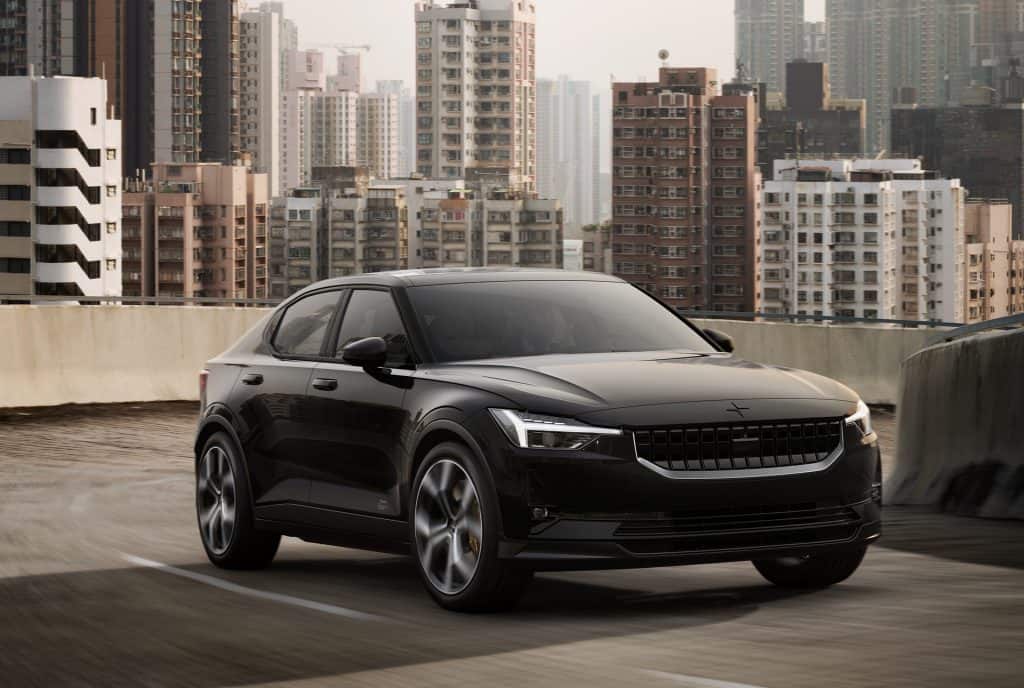 Polestar and Google continue to collaborate to improve the future of in-car HMI. They plan on advances in personalization and integration with vehicle safety functions will provide an even more seamless and natural in-car digital experience.
Polestar and Google continue to collaborate to improve the future of in-car HMI. They plan on advances in personalization and integration with vehicle safety functions will provide an even more seamless and natural in-car digital experience.
Polestar will continue to evolve the user experience in its future vehicles through further collaboration with Google. Polestar 2 is the first vehicle on the market powered by Android with the Google Assistant, Google Maps and the Google Play Store built-in. Today, the Swedish electric performance car brand looks even further into the future.
“We already showed the world we take digital integration in our cars seriously and are open to collaborate with experts in these fields,” says Thomas Ingenlath, Polestar CEO. “Now we continue that story, sharing a vision that is even more in tune with the preferences of our individual customers. Building on the Android infotainment system in Polestar 2, our future systems will make life in our cars easier, safer and more fun.”
Polestar will continue to use Android as a platform to build a truly personalized and contextualised experience. This integration will open up new possibilities in the car, beyond the already available adjustment of mirrors, seats, climate and entertainment settings to the driver’s personal preferences.
The vision now imagines the complete vehicle environment automatically adjusting to the user’s personal preferences and last-used applications. Tailored information will be displayed based on the detected driver profile, enabled by the Polestar Digital Key, when the driver approaches. With the driver’s permission, the system could even proactively offer personalised planning according to driver habits or preferences, or conditions.
The Google Assistant will be an even more helpful co-pilot while driving, using advanced speech technology to expand to more languages, understand local accents and provide more personalised experiences. The future will build on current Google Assistant functionality in the Polestar 2, all of which is delivered in a natural conversational flow that improves over time, rather than from a list of pre-set options.
Entertainment will become more relevant, not only when driving. Video streaming from popular apps and services will be made available as a convenient solution for occupants when the vehicle is parked and during charging.
Avoiding information overload is also key to Polestar’s offering and a further expression of the brand’s minimalist approach. Polestar will implement advanced eye-tracking and proximity sensors to deliver information in a controlled manner. Screens will alter their brightness and content based on conditions and reactions of the driver. Dimmed displays will increase intensity when users glance in their direction, and the approach of a user’s hand will adapt the presented controls. The system will also warn users if they are spending too much time looking at the screen rather than the road ahead.
Polestar will continue to partner with Google on advanced safety, as demonstrated by the fusion of Advanced Driver Assistance Systems (ADAS) and Google Maps. Integrated ADAS means the vehicle will use detailed map information to promote safer manoeuvres on the road.
Polestar will reveal its design vision, combining recent announcements for sustainable interiors1 and advanced HMI, on 25 February 2020, exclusively online at 12:00 CET at Polestar.com and on the Polestar YouTube channel.